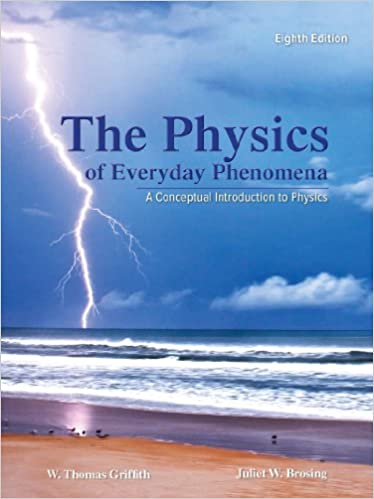
Join this introductory physics course designed to help non-STEM-centered students understand foundational physics principles. If you would like your student to learn major concepts from a non-mathematical perspective, come to appreciate the beauty found in science, and earn a high school physics credit, then this is the course for you.
Total classes: 12
Duration: 55 minutes
Prerequisite: Basic Physics, Part One or equivalent
Suggested grade level: 11th or 12th grade
Suggested credit: One full semester Physics
Instructor: Inshal Chenet
Instructor Email: inshalj@gmail.com
Course description: This is the second part of a two-semester course sequence on introductory physics. In this course, physical principles involved in motion, energy, and fluids, will be demonstrated in the classroom by use of everyday devices, with an effort to set them in their historical and philosophical contexts. The overall goals are to help the student understand the major concepts of physics from a non-mathematical perspective and to appreciate the interaction of these physical principles in nature. This course is especially focused for students who are not planning on a STEM field, but still desire a foundational knowledge of Physics. Although this is a basic course, it does require a knowledge of Algebra, especially the ability to rearrange algebraic equations.
Course outline:
Week 1: Electrostatic Phenomena / Two Tables
Week 2: Electric Circuits
Week 3: Magnets and Magnetism
Week 4: Wave Properties
Week 5: Light Waves
Week 6: Light and Image Formation
Week 7: Review for Midterm
Week 8: The Atom
Week 9: The Nucleus
Week 10: Aristotle and Atomism
Week 11: Relativity
Week 12: Final
Course materials: The Physics of Everyday Phenomena, 8th Edition by E. Thomas Griffith and Juliet W. Brosing, ISBN 978-0073513904 (https://amzn.to/38jAeRo or BookFinder.com).
Homework: Each week students will be required to read a selection from the textbook, take a short 10-question quiz, and occasionally watch or perform a simple experiment on their own. If students are having difficulties, there are extra practice problems in the book they can do to support their knowledge.
- Teacher: Inshal Chenet